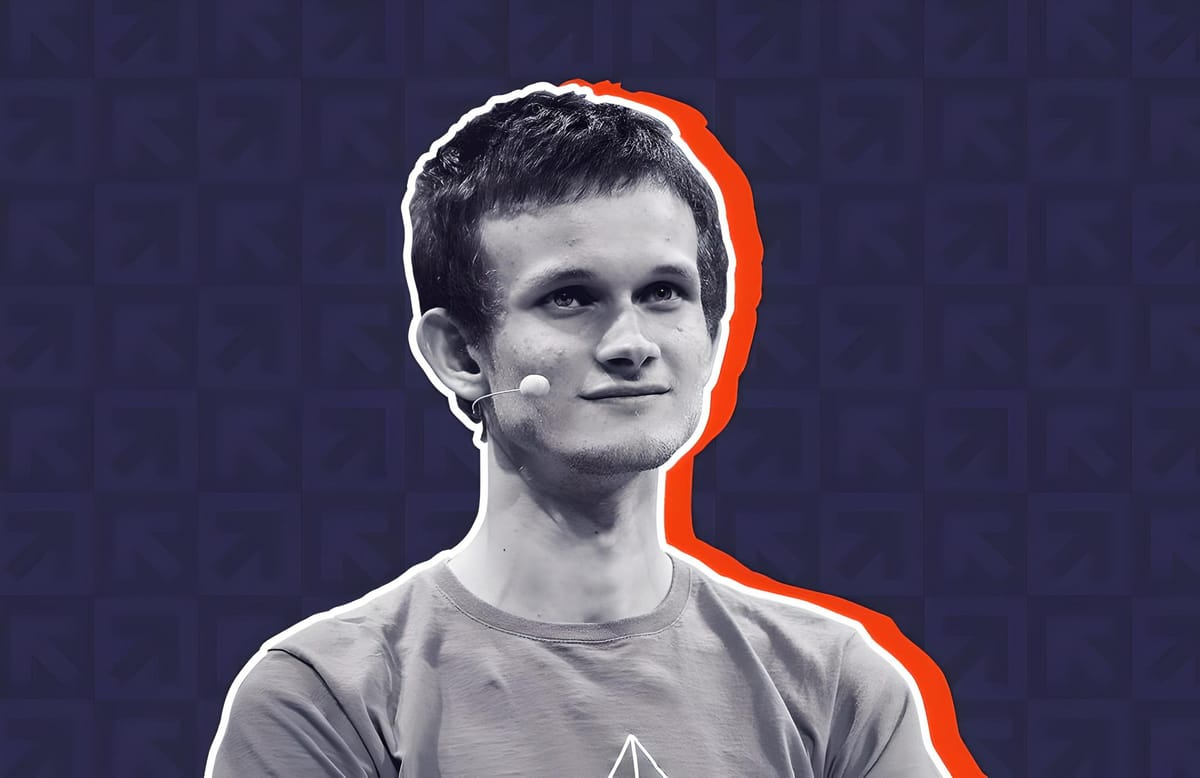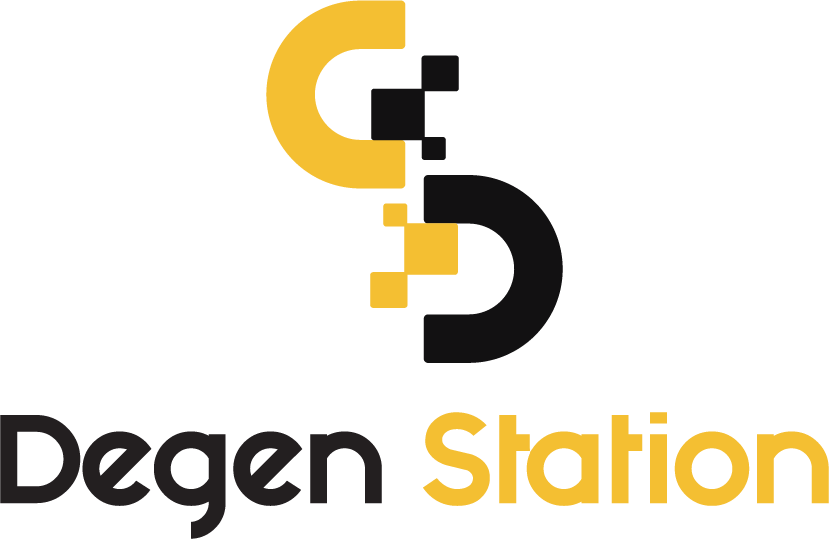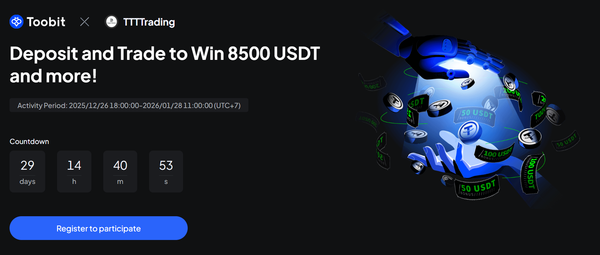Vitalik Buterin: Ethereum's Biggest Risk May Take 20 Years to Fully Resolve

Ethereum co-founder Vitalik Buterin emphasizes the importance of decentralizing nodes to achieve the highest level of decentralization for the Ethereum network. However, he acknowledges that this cannot be solved overnight...

Vitalik Buterin: Ethereum's Biggest Risk May Take 20 Years to Fully Resolve
Korea Blockchain Week is currently underway in Seoul, South Korea, gathering many prominent figures in the industry. Ethereum co-founder Vitalik Buterin has also participated in several panels as part of the event.
During a discussion, Vitalik shared about the six main issues Ethereum needs to address to move towards decentralization. He particularly highlighted the current centralization of nodes.
The issue is critically serious as among the 5,901 active Ethereum nodes, nearly 60% use Amazon Web Services (AWS) cloud computing services.

Source: Ethernodes
AWS's dominance far surpasses its closest competitor, Google Cloud, which holds only 6.1%. In fact, AWS users have been able to set up Ethereum nodes since March 2021.
Undoubtedly, AWS's reliability is unquestionable. However, the heavy reliance of network nodes on such a centralized third-party entity poses numerous risks.
Notably, even in traditional web2, users have witnessed instances where websites became inaccessible due to AWS outages or technical glitches... In web3, there was an incident where the Helium (HNT) network froze for 4 hours due to an AWS failure.
Updated roadmap diagram! pic.twitter.com/MT9BKgYcJH
— vitalik.eth (@VitalikButerin) November 4, 2022
Vitalik shared:
"One of the issues to address is making it easier for everyone to run nodes technically. Statelessness is one of the technologies crucial for achieving this.
Today, it takes hundreds of gigabytes of data to run a node. With stateless clients, it's almost nothing to run a node."
According to the Ethereum Foundation, statelessness refers to eliminating dependence on centralized service providers during the validation process for the network.
Only when node operators can run Ethereum nodes on the cheapest hardware possible will the network truly achieve decentralization.
In Vitalik's vision:
"In the long run, I hope you can maintain Ethereum nodes fully on a phone. Literally."
Therefore, statelessness is a crucial component in Ethereum's new development roadmap during The Verge and The Purge phases.
However, Ethereum's co-founder also admits a caveat that such high-technical issues are difficult to solve overnight. The timeframe he mentioned is:
"These technical issues will eventually be resolved - but it could be within a span of 10 years, or it could be 20 years."
While affirming that decentralizing nodes is an "important piece" in the long term, Ethereum currently needs to focus on solving scaling issues.
One highly regarded scaling solution is Rollups, as it improves throughput on the Ethereum mainnet by moving processing burdens off-chain. Rollups are divided into two main types: Optimistic Rollups and ZK-Rollups, each with their own strengths and weaknesses.





